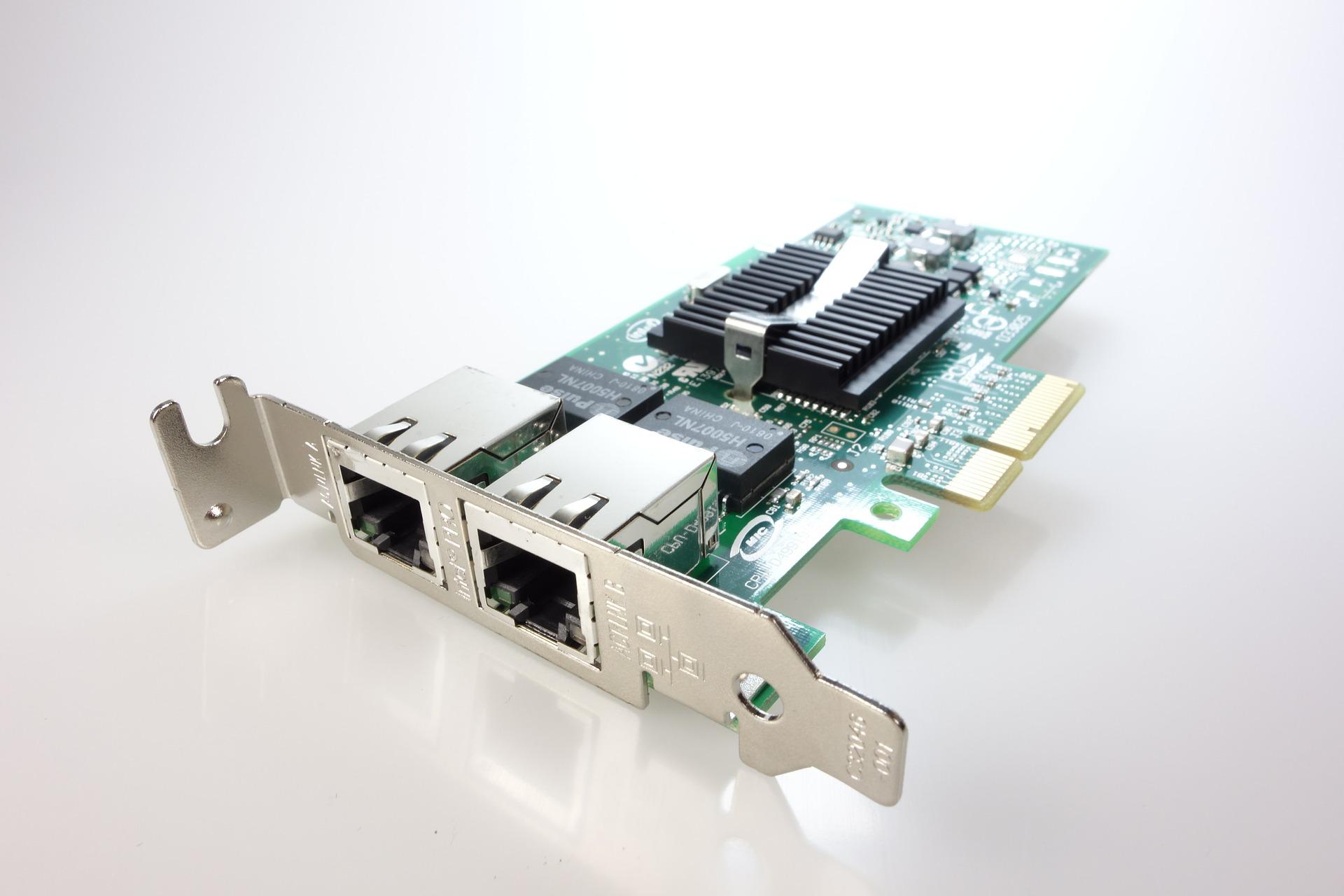Is Buying The Latest Technology worth it?
Let's recap. Why buy used? Cost savings, fast delivery, reliable hardware along with a better warranty and less expensive support. The newest...

Is the new mGig feature more of a “meh” gig?
Or, is it actually valuable? Do you need it? Do you already have capable devices that aren’t using it? Well, let's break it down to quickly understand what it really is and whether we should be deploying it.
mGig or Multigigabit Ethernet (also known as NBASE-T or IEEE 802.3bz) is an innovation that allows your existing 1G cable plant to support 1G, 2.5G, 5G, and even 10G transmission rates by boosting the sampling rate. I’ll say that again. CAT 5e and CAT 6 cable that was only designed to support 1G can now be used to communicate at 1G, 2.5G, 5G, and even 10G.
Great, A faster connection!
But why? Cisco’s opening line from their website says “As wireless speeds increase, don’t let your switches become a bottleneck.” For many years, wireless networks have been deployed on top of wired networks in many cases as a “nice to have,” backup connection, or just for BYOD connections. As more applications consume more wireless bandwidth, however, wireless networks are becoming more crucial in supporting faster connectivity. And for the first time ever, the switch connection itself is the bottleneck.
So, the main benefit of mGig capable ports is to connect with access points at higher speeds. Would it surprise you to know that the Cisco AIR-AP3802I released in 2016 has a 5G capable NIC?
The same looking RJ-45 port with the same exact jumper connecting to the same patch panel, running through the same cable plant out to the end points now allows a connection at 2.5G, 5G, or 10G, rather than just the minimal 1G.
It’s a huge upgrade in connection speeds for wireless networks. If you think about a wireless network overlayed on top of a wired network, there might be (100) users connected through just (4) APs. That’s (100) 1G ports for the wired connections, and then just (4) 1G ports for all of the wireless connections.
That’s a big difference. With mGig, the (4) APs are now connected at 20G or 40G back to the switch.
Exactly what speeds your cable plant will support depends on the quality of cable that was installed. CAT 5e standard is 100MHz, however you can purchase CAT 5e today with a bandwidth rating of 550 Mhz.
mGig is great, but doesnt need to be over applied. First, you need to know what your cable plant is capable of. Second, do your access point support mGig? If you aren’t sure and would like help analyzing, please ask us!
| Cable | Bandwidth Rating | mGig Capability |
| CAT 5e | 250 MHz | 2.5G / 5G |
| CAT 6 | 500 MHz | 2.5G / 5G / 10G |
|
Switch Model |
Description |
|
Catalyst 3560-CX |
8-port fanless switch with 2 mGig ports |
|
Catalyst 3650 |
Stackable switches with 8 or 12 mGig ports |
|
Catalyst 3850 |
Stackable switches with 12 or 24 mGig ports |
|
Catalyst 4500E |
Modular switch capable of 96 mGig ports |
|
Catalyst 9200 |
Stackable switches with 8 or 12 mGig ports |
|
Catalyst 9300 |
Stackable switches with 24 or 48 mGig ports (Uplink Network Module also available) |
|
Catalyst 9400 |
Modular switch capable of 384 mGig ports |
|
Catalyst 9600 |
Modular switch capable of 192 mGig ports |
|
|
|
|
Meraki MS350 |
Stackable switches with 8 mGig ports |
|
Meraki MS390 |
Stackable switches with 24 or 48 mGig ports |
|
Access Points |
mGig Ports |
|
Aironet 3800 |
2x mGig 5 Gbps |
|
Aironet 4800 |
2x mGig 5 Gbps |
|
Catalyst 9105AXW |
1x mGig 2.5 Gbps |
|
Catalyst 9115 |
1x mGig 2.5 Gbps |
|
Catalyst 9120 |
1x mGig 2.5 Gbps |
|
Catalyst 9130 |
1x mGig 5 Gbps |
|
Catalyst 9136 |
2x mGig 5 Gbps |
|
Catalyst 9162 |
1x mGig 2.5 Gbps |
|
Catalyst 9164 |
1x mGig 2.5 Gbps |
|
Catalyst 9166 |
1x mGig 5 Gbps |
|
|
|
|
CW9162 |
1x mGig 2.5 Gbps |
|
CW9164 / CW9166 |
1x mGig 5 Gbps |
|
MR57 |
2x mGig 5 Gbps |
|
MR44 |
1x mGig 2.5 Gbps |
|
MR46 (E) |
1x mGig 2.5 Gbps |
|
MR53 (E) |
1x mGig 2.5 Gbps |
|
MR56 |
1x mGig 5 Gbps |
|
MR84 |
1x mGig 2.5 Gbps |
|
MR86 |
1x mGig 2.5 Gbps |
Subscribe to our Monthly Newsletter.
✅ Expert IT tips you can actually use
✅ Cost-saving solutions that boost ROI
✅ Straightforward insights — just value
All straight to your inbox.
No spam. No sales pitches. Just better networks.

Let's recap. Why buy used? Cost savings, fast delivery, reliable hardware along with a better warranty and less expensive support. The newest...

Let's recap. Why buy used? Cost savings, fast delivery, reliable hardware along with a better warranty and less expensive support. The newest...

1 min read
May 10, 2019 Tariff increase to 25% scheduled to impact switching and routing hardware, as well as phones. Costs to end-users on products...